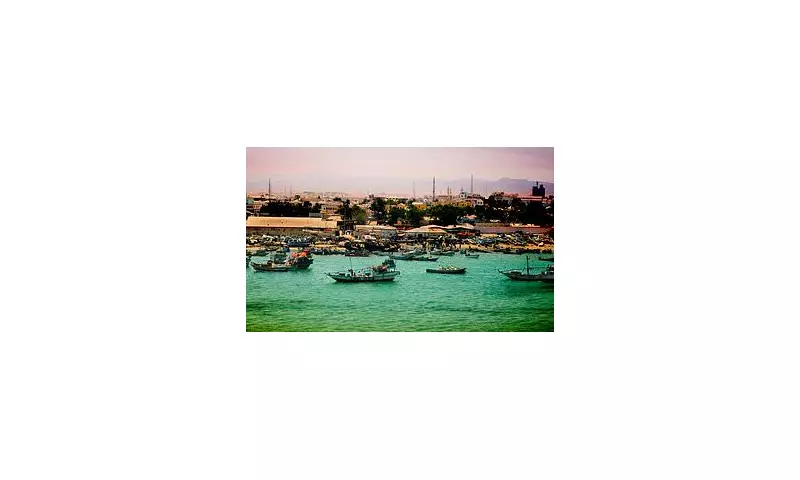
When considering holiday destinations, Somalia rarely tops the list for British travellers. The East African nation, which borders Djibouti, Kenya, and Ethiopia, has been gripped by civil war since the 1990s, leading many governments, including the UK's, to maintain strong travel advisories against visiting.
Yet, against this backdrop of conflict and caution, a surprising trend is emerging. Somalia's own Department of Tourism has reported that approximately 10,000 tourists visited the country in 2024. This figure represents a dramatic 50 per cent increase compared to the previous year, signalling a small but significant shift for a nation largely closed off to international visitors.
A Cautious Opening for Adventure
This nascent tourism revival has been facilitated by several key developments. In September 2024, the Somali government launched a new eVisa system, aiming to streamline and simplify the travel process for those willing to make the journey. While comprehensive tourism statistics remain patchy, industry reports and specialist travel operators confirm a noticeable uptick in interest, particularly in the capital, Mogadishu.
This is not, however, a destination for the typical package holidaymaker. Companies like Visit Mogadishu, Untamed Borders, and Rocky Road Travel are catering to a very specific clientele, offering guided itineraries for small groups with bespoke, secure plans. The journeys are primarily undertaken by experienced travellers and organisations seeking unique experiences far from the beaten track.
The risks involved are substantial and explicitly outlined. Tourists are strongly advised not to travel alone and are recommended to move around Mogadishu only when accompanied by security personnel. Obtaining comprehensive insurance is a complex necessity, often requiring specialised cover for emergency aid, high-risk activities, and even kidnap and ransom situations.
Weighing the Allure Against the Peril
So, what is drawing visitors to such a high-risk destination? The appeal lies in Somalia's rich history and culture. Intrepid tourists are exploring historic sights such as Mogadishu's old town and its central mosque, as well as the country's expansive, often empty, beaches and vibrant fish markets. For a certain type of traveller, the very extremity of the experience is the primary attraction.
This does little to mitigate the very real dangers, a sentiment echoed by those who have visited. Karin Sinniger, a Swiss traveller who went to Somalia in 2020, told CNN, 'Mogadishu is dangerous. You feel it as soon as you land.'
This warning is starkly reinforced by the UK Foreign, Commonwealth & Development Office (FCDO). The FCDO advises against all travel to most of Somalia, including the eastern regions of Somaliland, 'due to the threat from terrorist groups and continuing violence.' For the western regions of Somaliland, the advice is against all but essential travel.
The UK Government explicitly states that its ability to provide support is severely limited, with no in-person assistance available from staff at the British Embassy in Mogadishu or the British Office in Hargeisa. It emphasises that those who choose to remain in the country do so at their own risk.
A Nation's Hopeful Investment
Despite the pervasive risks, there are signs of change on the ground. The capital city, Mogadishu, has been experiencing a noticeable construction boom in recent months, hinting at a tentative recovery.
The Somali government itself is actively promoting its potential, describing the nation on its official website as 'a captivating tourist haven' that offers historical sites, beautiful beaches, waterfalls, mountain ranges, and diverse wildlife. Activities such as camel riding and paragliding are also highlighted.
The website acknowledges the impact of civil strife but concludes that Somalia has 'retained an array of natural and cultural treasures, making tourism a potentially lucrative investment.' For now, Somalia remains a destination of stark contrasts: a place of profound risk and burgeoning opportunity, attracting only the most adventurous of travellers.





